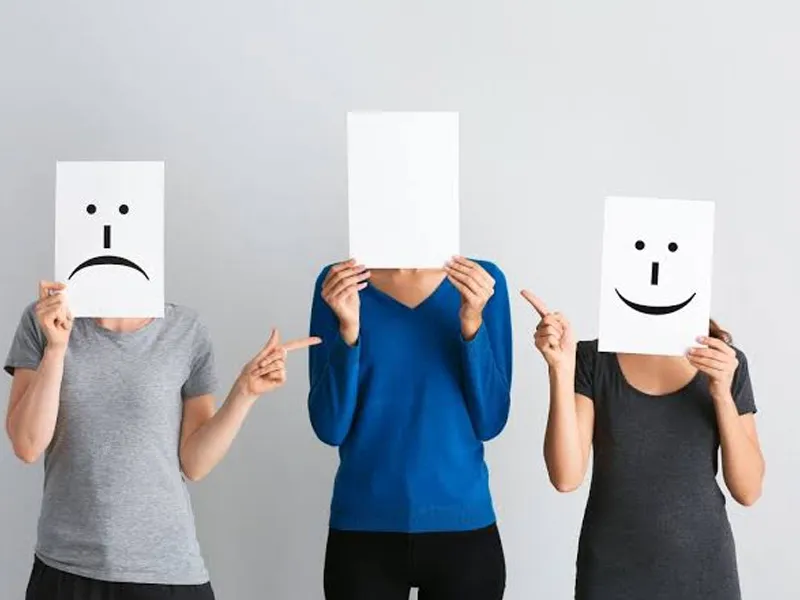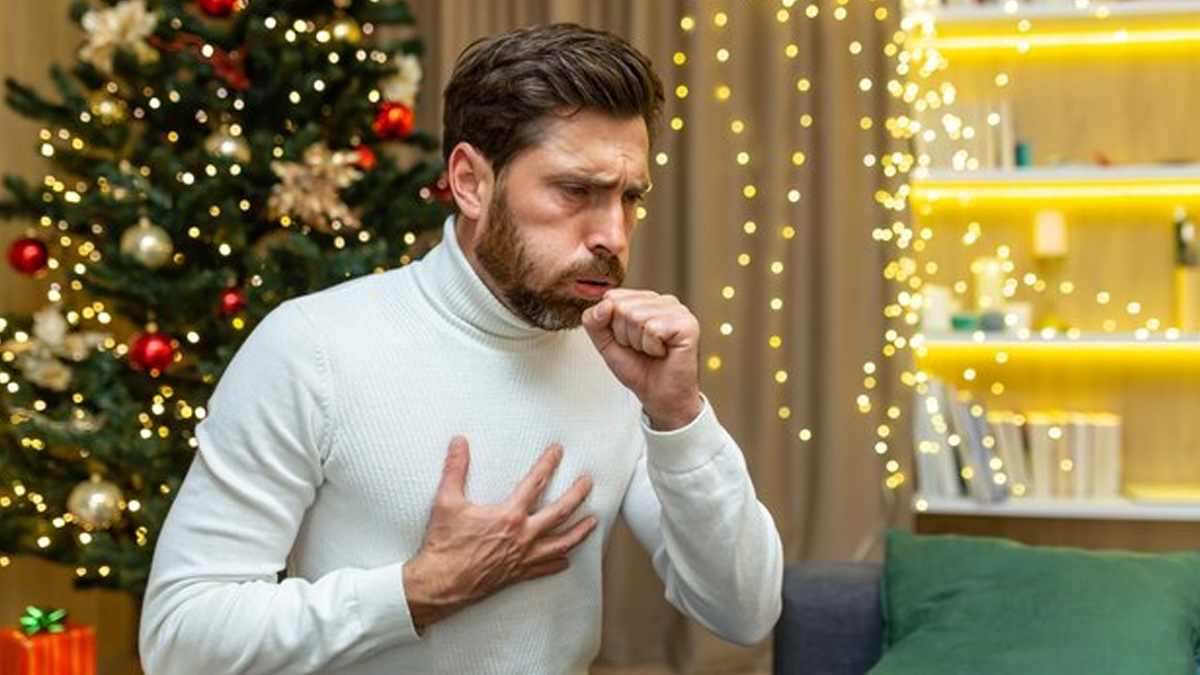
As the festive lights dim and the calendar flips to January, many of us experience a sense of emotional fatigue, which is commonly referred to as post-holiday depression. Although you might feel you are alone, this phenomenon or feeling is more widespread than one might think. Thus, understanding its causes, symptoms, and remedies can help you navigate this challenging month with resilience and confidence.
Table of Content:-
CHECK YOUR
MENTAL HEALTH

What Is Post-Holiday Depression?
According to Medical News Today, post-holiday depression is a temporary emotional slump that many individuals face after the holiday season. It’s characterised by feelings of sadness, lethargy, and sometimes even anxiety. The hustle and bustle of the holidays, with their joyful gatherings, gift exchanges, and festive cheer, often create heightened emotional states. When these activities come to an abrupt halt, it’s natural to feel a void.
Common Causes Of Post-Holiday Depression
A few common causes or triggers of post-holiday depression may include:

1. Unmet Expectations
High hopes for the “perfect” holiday can lead to disappointment when reality doesn’t align with expectations leading to post stress after the holidays.
Also Read: 10 Foods To Eat Daily To Detox Your Lungs Post-Holiday Season
2. Financial Stress
Another cause could be overspending during the holidays which can leave you with lingering financial worries about the upcoming month and due liabilities.
3. Social Withdrawal
After being surrounded by family and friends, returning to a less social routine can feel isolating. This in turn can be a cause of post-holiday depression.
4. Seasonal Affective Disorder (SAD)
The shorter days and lack of sunlight during winter and after Christmas and New Year holidays can exacerbate feelings of sadness.
5. Physical Exhaustion
Late nights, rich foods, and disrupted routines can leave your body and mind feeling drained. Just being physically overwhelmed could also be one of the reasons.

Also Read: "What? Never Mind, Got It": Expert Explains Why Your Brain Feels Like It’s Lagging
Signs And Symptoms Of Post-Holiday Depression
A few signs and symptoms to recognise post-holiday depression are:
- Persistent sadness or low mood
- Fatigue and lack of energy
- Difficulty concentrating
- Changes in appetite or sleep patterns
- Feelings of loneliness or isolation
- Loss of interest in activities you usually enjoy
If these symptoms persist beyond a few weeks or interfere significantly with daily life, it’s important to consult a healthcare professional.
Tips To Overcome Post-Holiday Depression
It is clear that dealing with this trauma right after a happy and fun time can be a little too much. Thus, here are a few ways you can overcome it:
1. Reset Your Routine
Believe it or not, setting a routine is the first way to change your lifestyle for good. Establish a consistent sleep schedule. Plan balanced meals to nourish your body and incorporate regular physical activity, such as a brisk walk or yoga session, to boost endorphins.
2. Set Realistic Goals
The next thing to keep in mind is that while you change your routine, you are also being realistic. Avoid overwhelming yourself with lofty New Year’s resolutions. Focus on small, achievable steps to improve your well-being.
3. Reconnect with Friends
Most of us feel this way because we felt at peace with friends and family and then it was taken away leaving us being back to our regular routine. Therefore, it is recommended to plan coffee dates or virtual catch-ups with loved ones to bridge that feeling of longing.
Conclusion
Post-holiday depression is a normal response to the emotional and physical highs of the holiday season. Hence, by acknowledging your feelings and taking proactive steps, you can ease the transition into the new year. Remember, you’re not alone, and brighter days are ahead. Embrace January as a time for renewal, reflection, and self-care, and you’ll emerge stronger and more balanced.
Also watch this video
How we keep this article up to date:
We work with experts and keep a close eye on the latest in health and wellness. Whenever there is a new research or helpful information, we update our articles with accurate and useful advice.
Current Version
